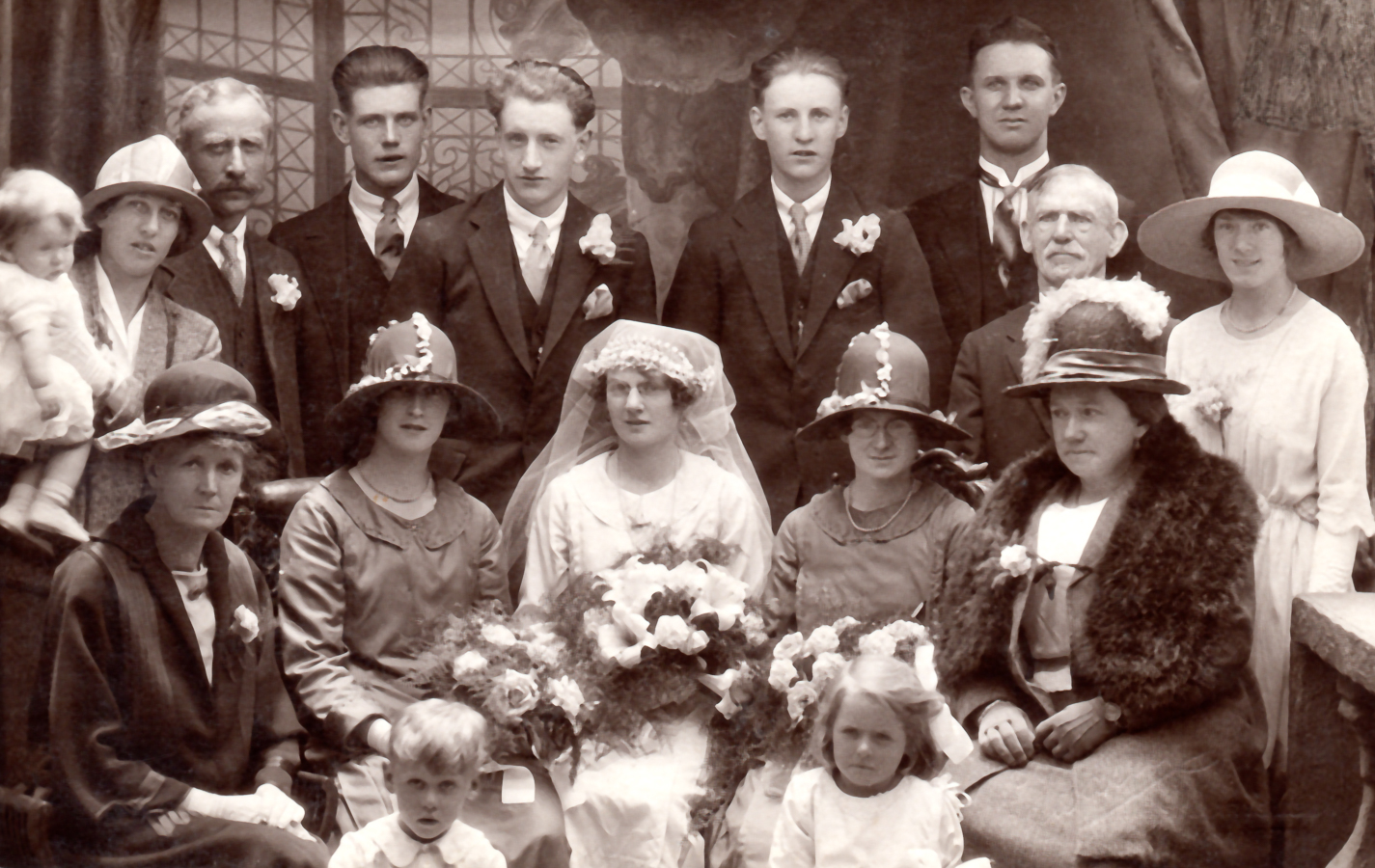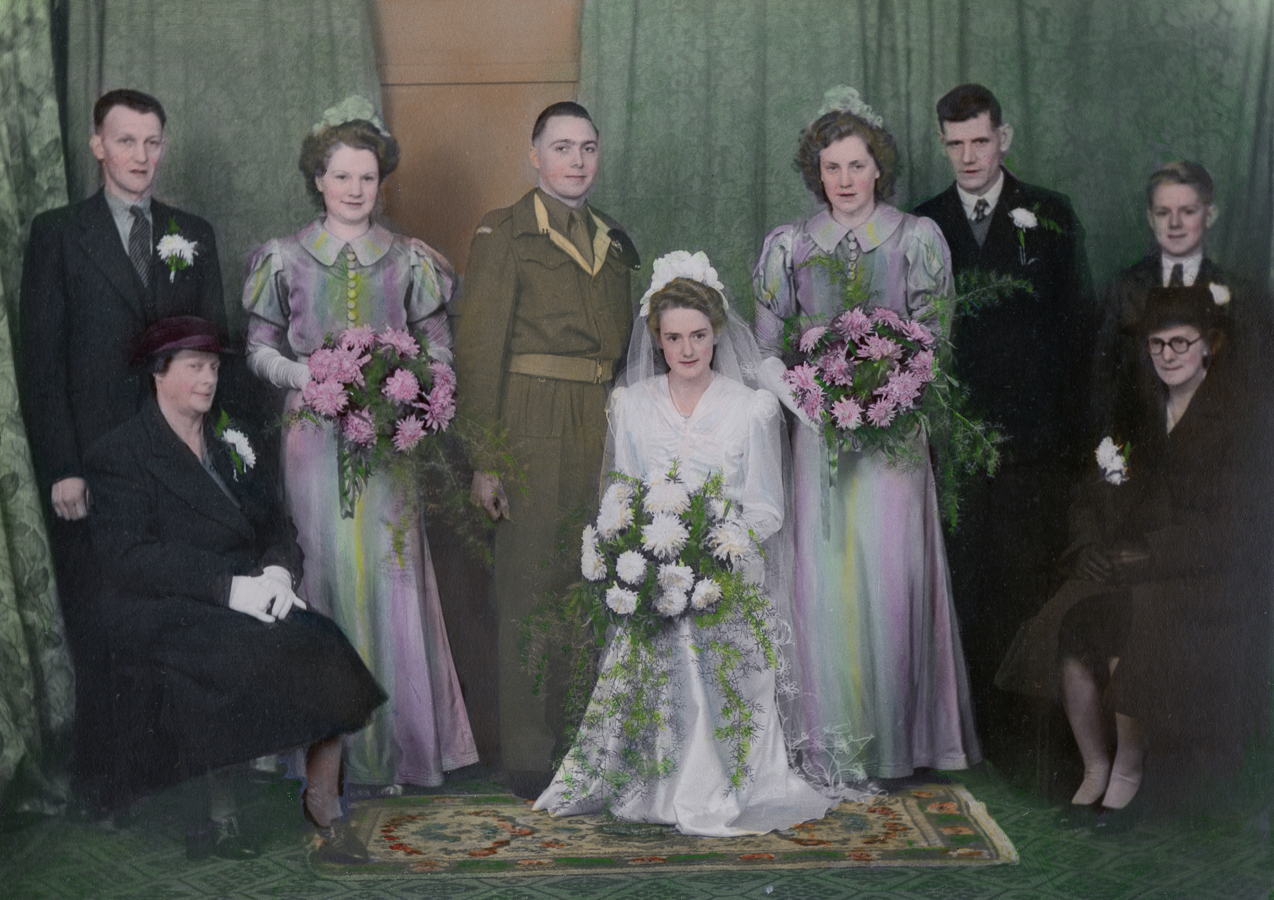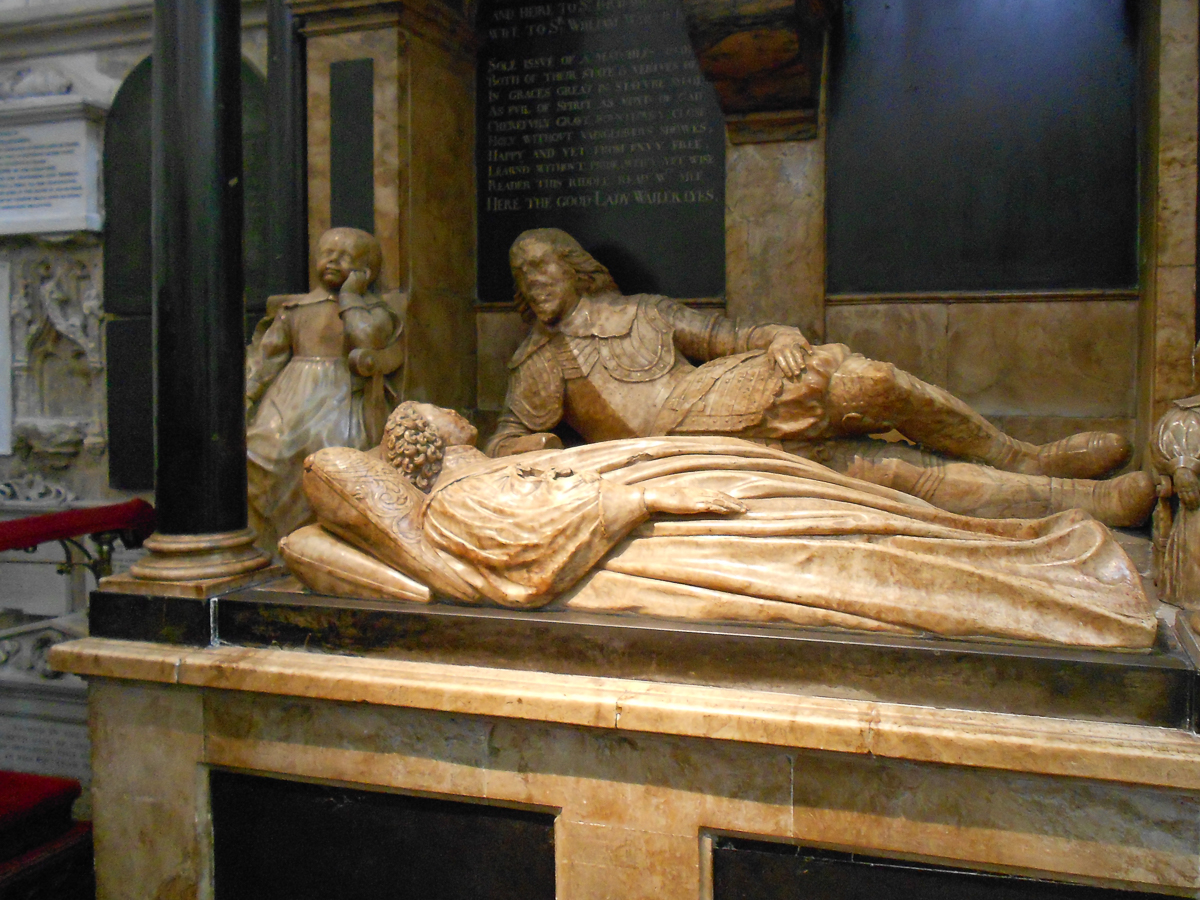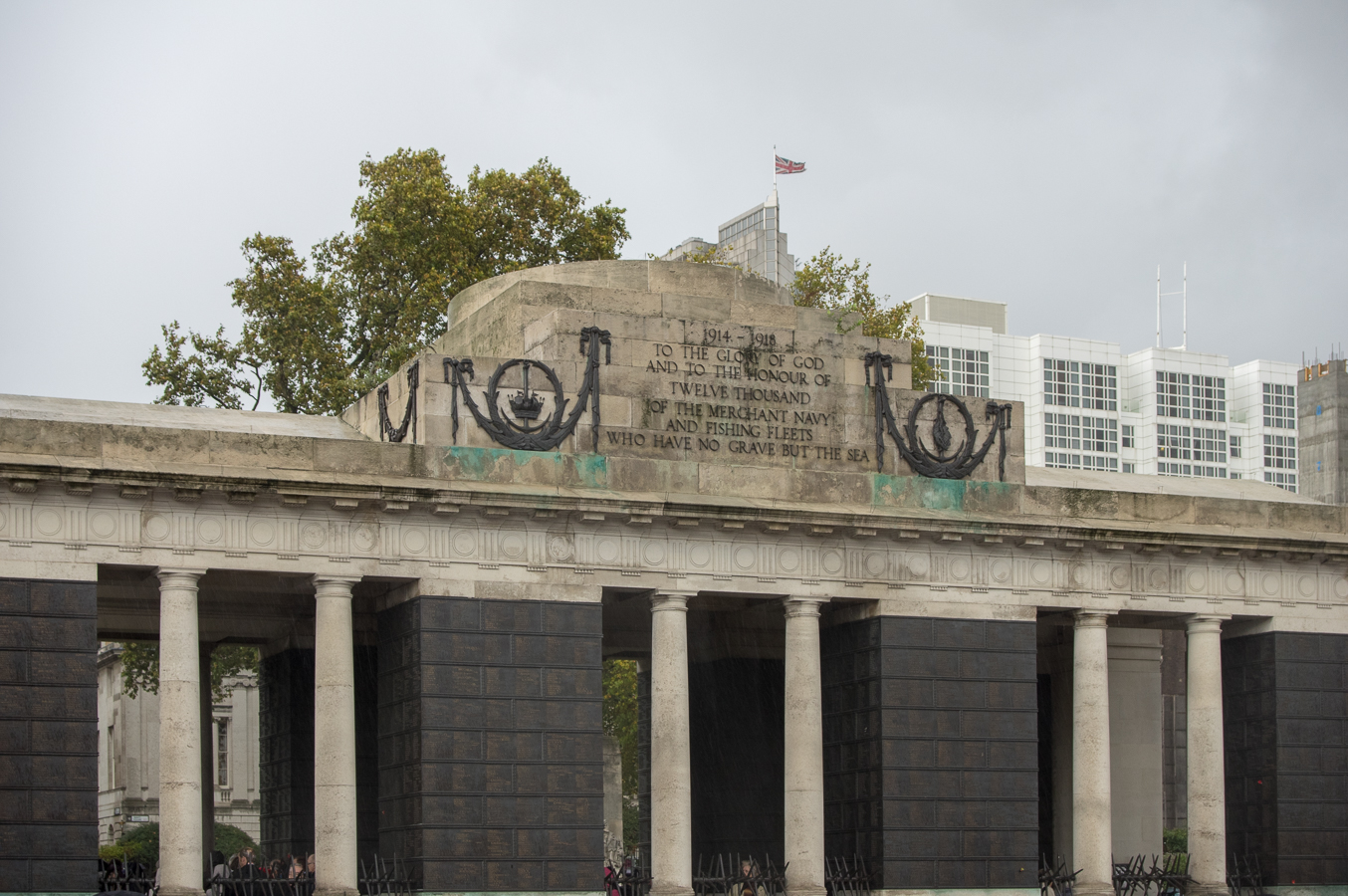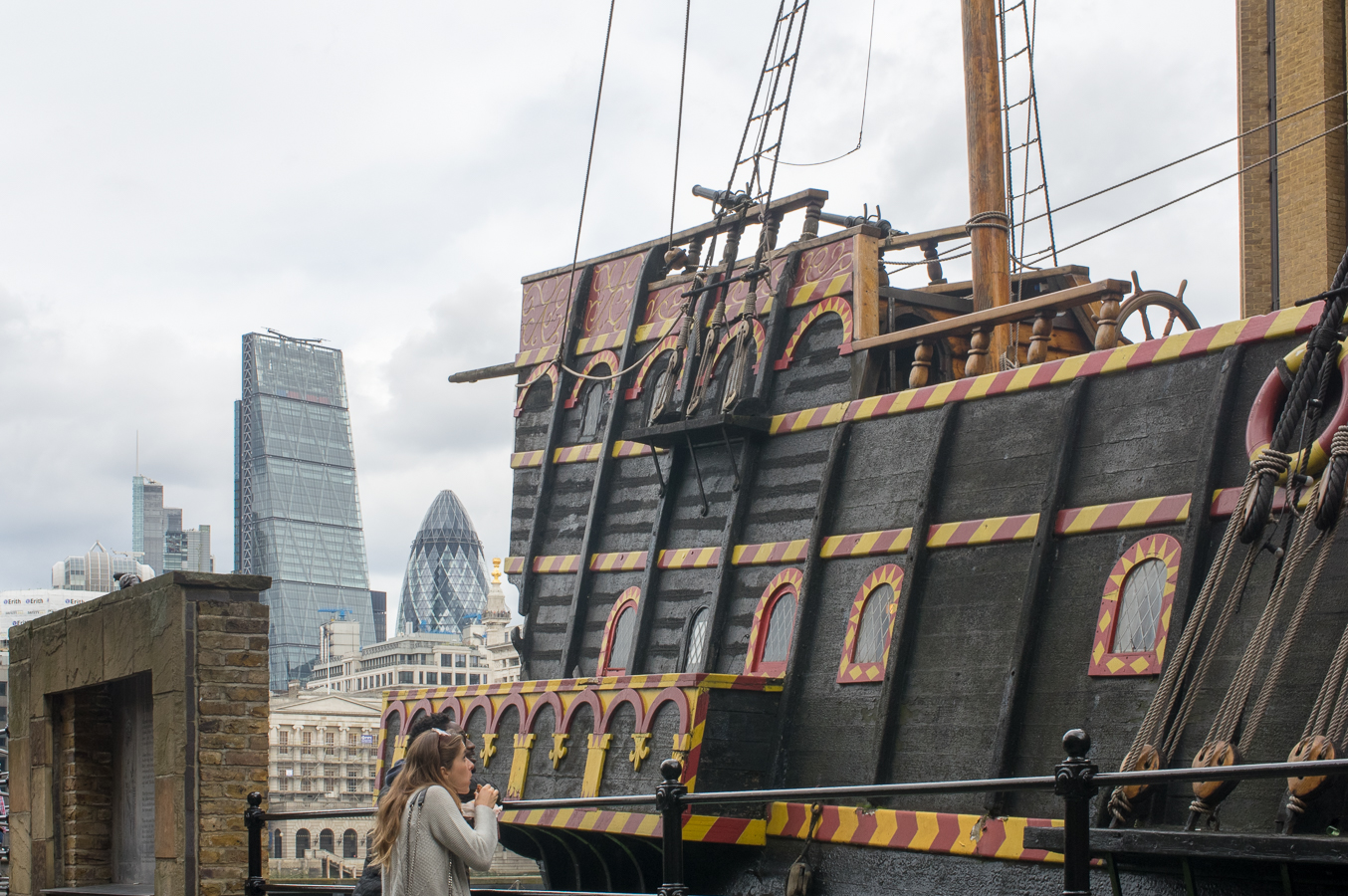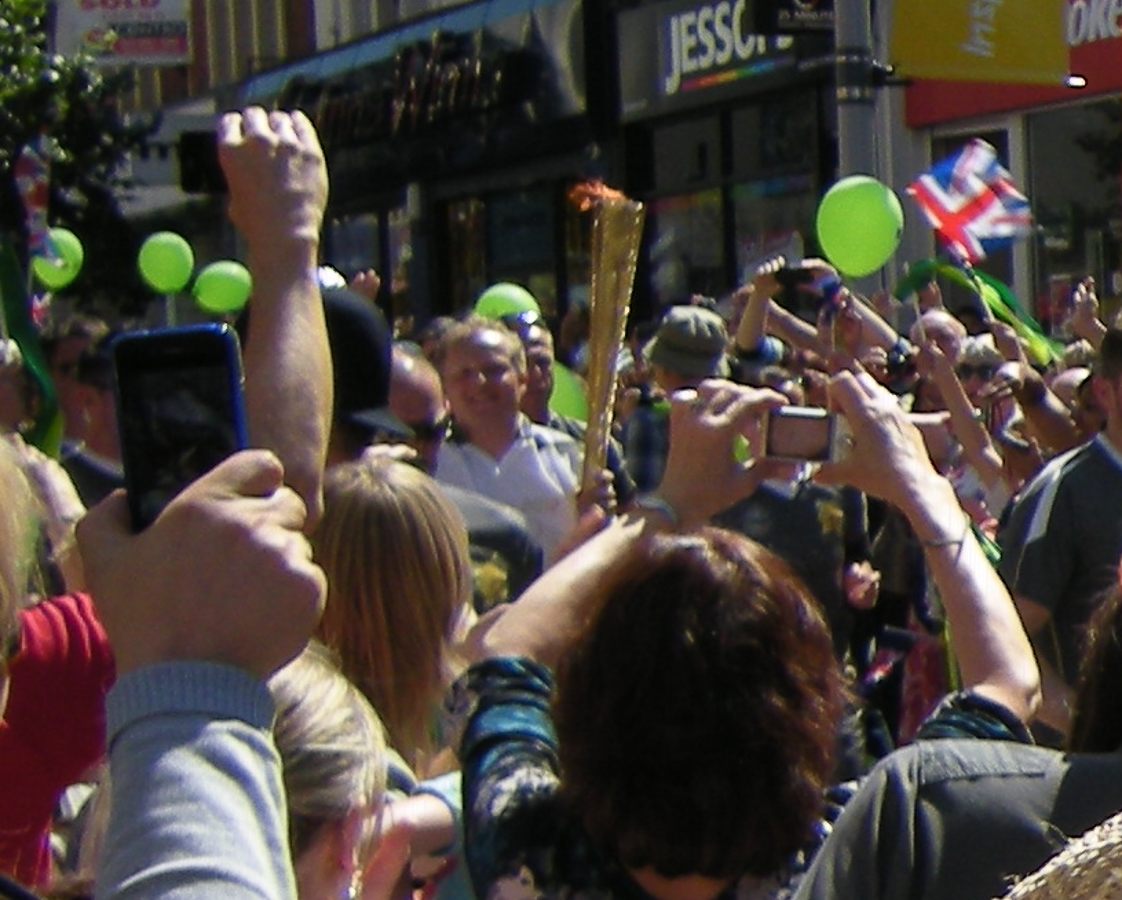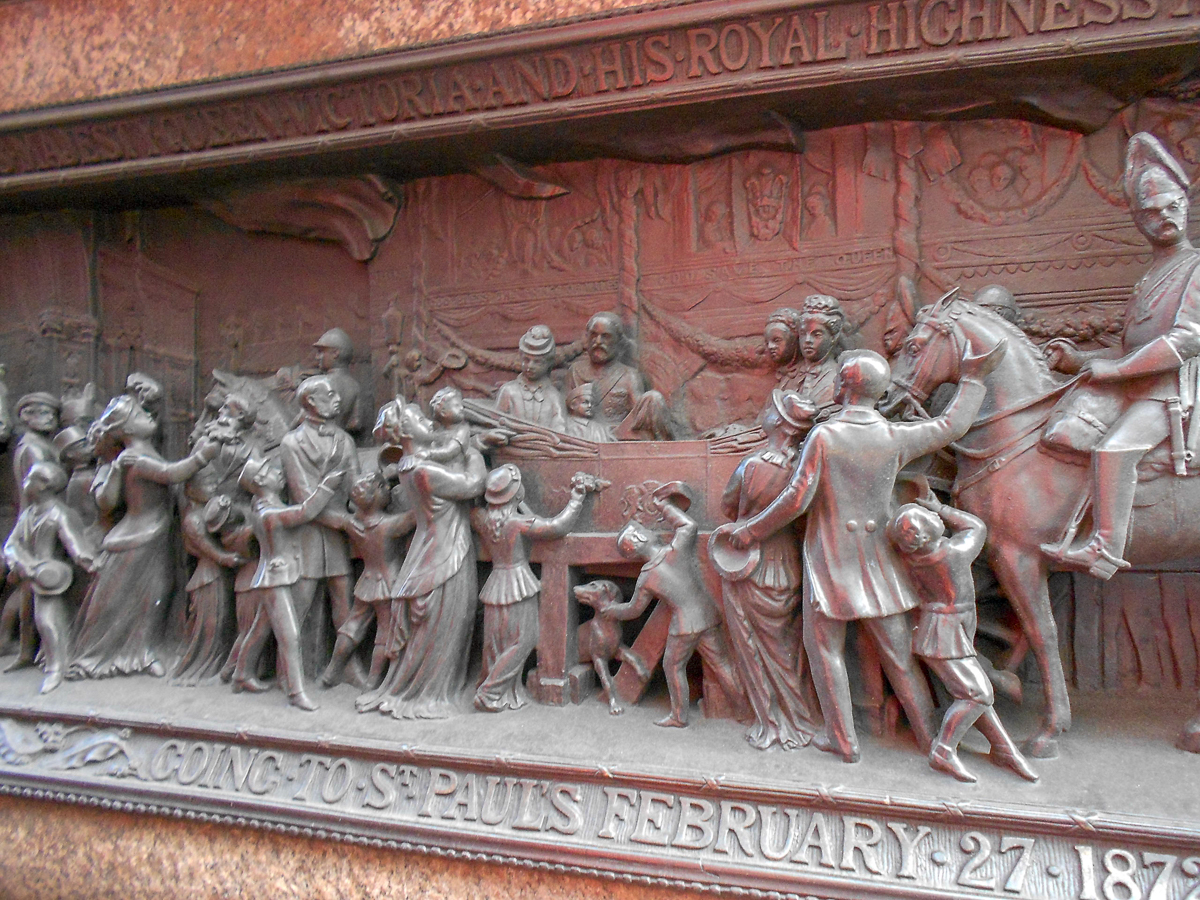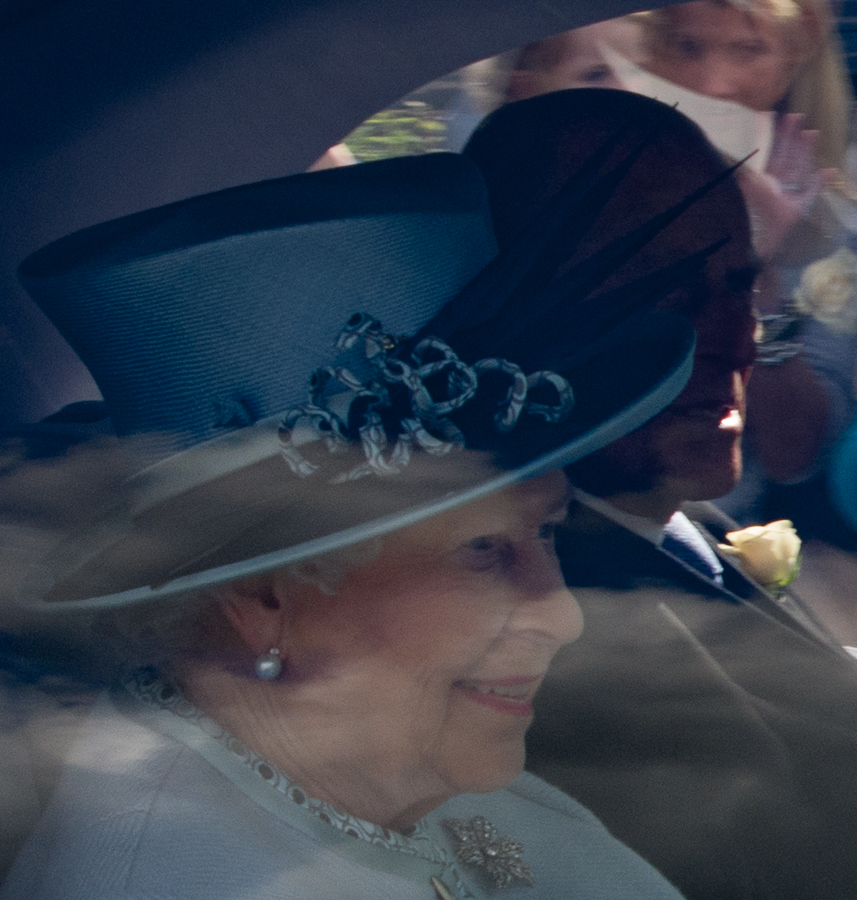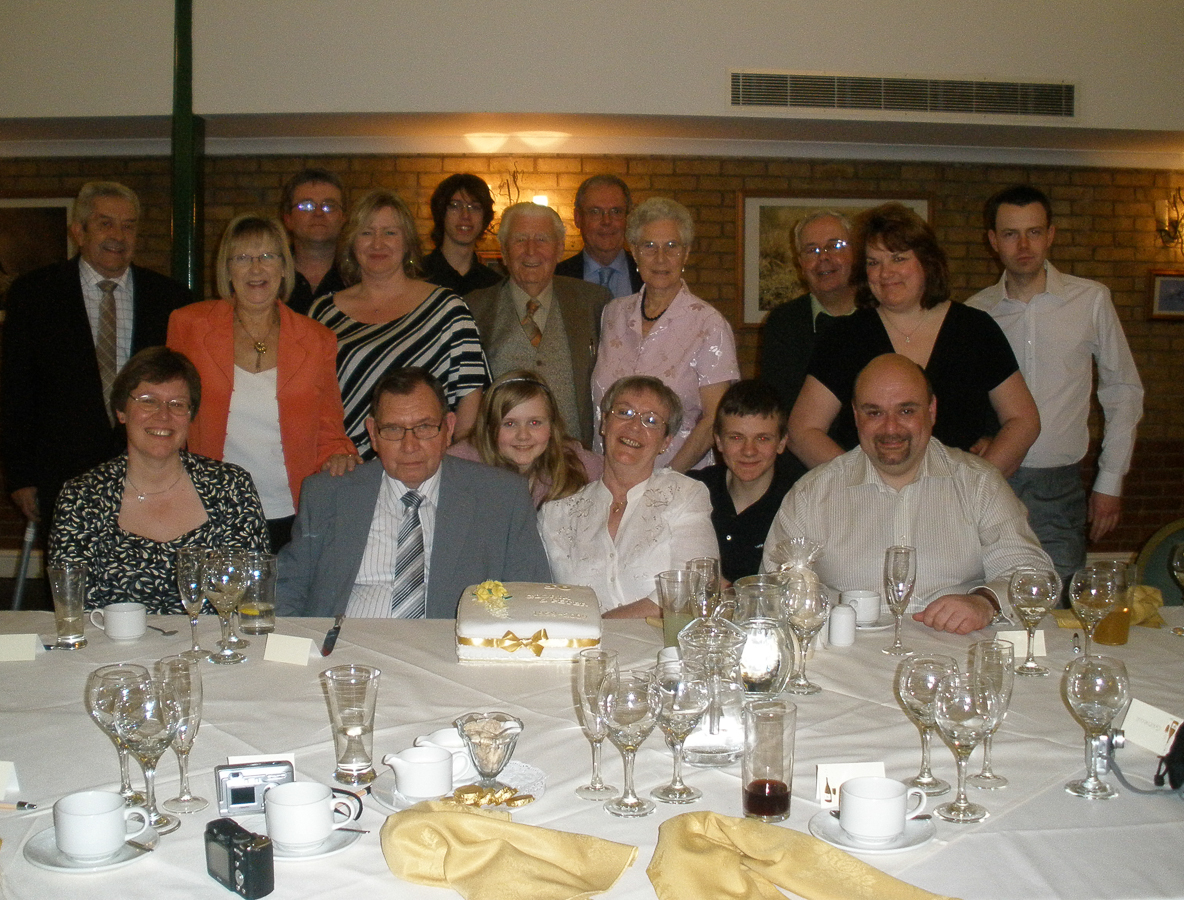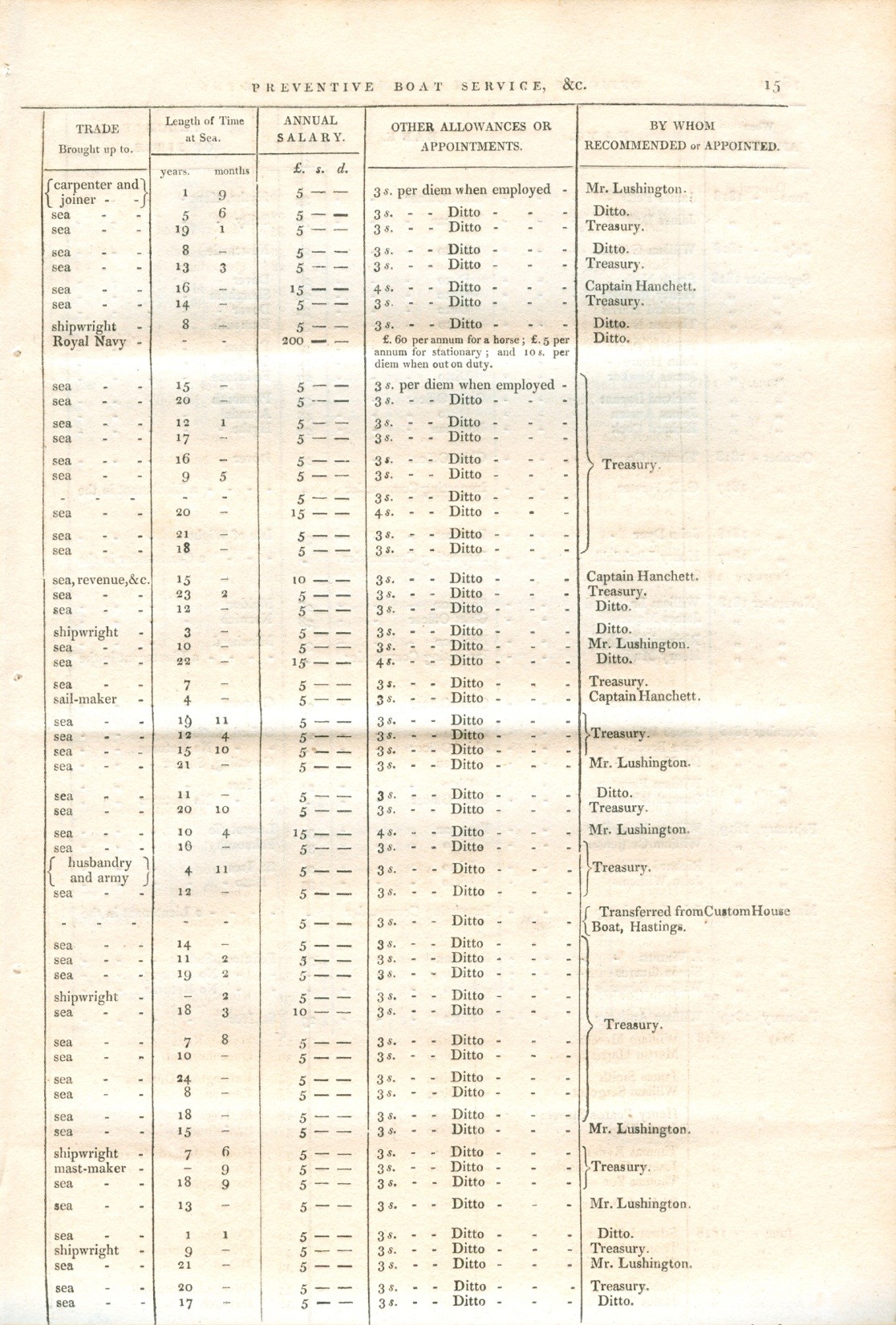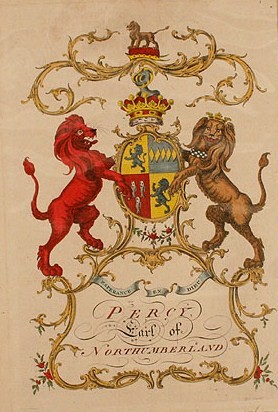Battle of Hastings
The Battle of Hastings was fought on 14 October 1066 between the Norman-French army of William, the Duke of Normandy, and an English army under the Anglo-Saxon King Harold Godwinson, beginning the Norman conquest of England. It took place approximately 7 miles (11 kilometres) northwest of Hastings, close to the present-day town of Battle, East Sussex, and was a decisive Norman victory.
However, it was not just a stroppy Frenchman trying his luck on the shores of England. Not surprisingly it goes back much further and is just a little bit complicated.
Lets go back to a Viking called Rollo and latterly Gaange Rolf. He was a pagen who lived between 860 and 930, or thereabouts. His Scandinavian name Rolf was extended to Gaange Rolf because he became too heavy as an adult for a horse to carry, therefore he had to walk.
Rollo emerged as the outstanding personality among the Norsemen who had secured a permanent foothold on Frankish soil in the valley of the lower Seine. Charles the Simple, the king of West Francia, ceded them the lands between the mouth of the Seine and what is now Rouen in exchange for Rollo agreeing to end his brigandage, and provide the Franks with protection against future Viking raids. Rollo is recorded as having seized Rouen in 876. So it appears that Rollo was a bit of a warmonger who stole or coerced land from the Franks. In so doing he became the first leader of the land that became known as Normandy.
According to Dudo, Rollo struck up a friendship in England with a king that Dudo calls Alstem. This has puzzled many historians, but recently the puzzle has been resolved by recognition that this refers to Guthrum, the Danish leader whom Alfred the Great baptised with the baptismal name Athelstan, and then recognised as king of the East Angles in 880.
Dudo records that when Rollo took Bayeux by force, he carried off with him the beautiful Popa or Poppa, a daughter of Berenger, Count of Rennes, took her in marriage and with her had their son and Rollo's heir, William Longsword.
In return for formal recognition of the lands he possessed, Rollo agreed to be baptised and assist King Charles III in the defence of the realm. Rollo took the baptismal name Robert. However, his tomb in Rouen Cathedral refers to him as Rollo.
The areas of Bessin and Maine were also conceded to Rollo shortly after 923. Basically he continued to grow his empire until his death.
Rollo's son and heir, William Longsword, and grandchild, Richard the Fearless, forged the Duchy of Normandy into West Francia's most cohesive and formidable principality. The descendants of Rollo and his men assimilated with their maternal Frankish-Catholic culture and became known as the Normans, lending their name to the region of Normandy.
Rollo is the great-great-great-grandfather of William the Conqueror, or William I of England. Through William, he is one of the ancestors of the present-day British royal family, as well as an ancestor of most current European monarchs and a great many claimants to abolished European thrones.
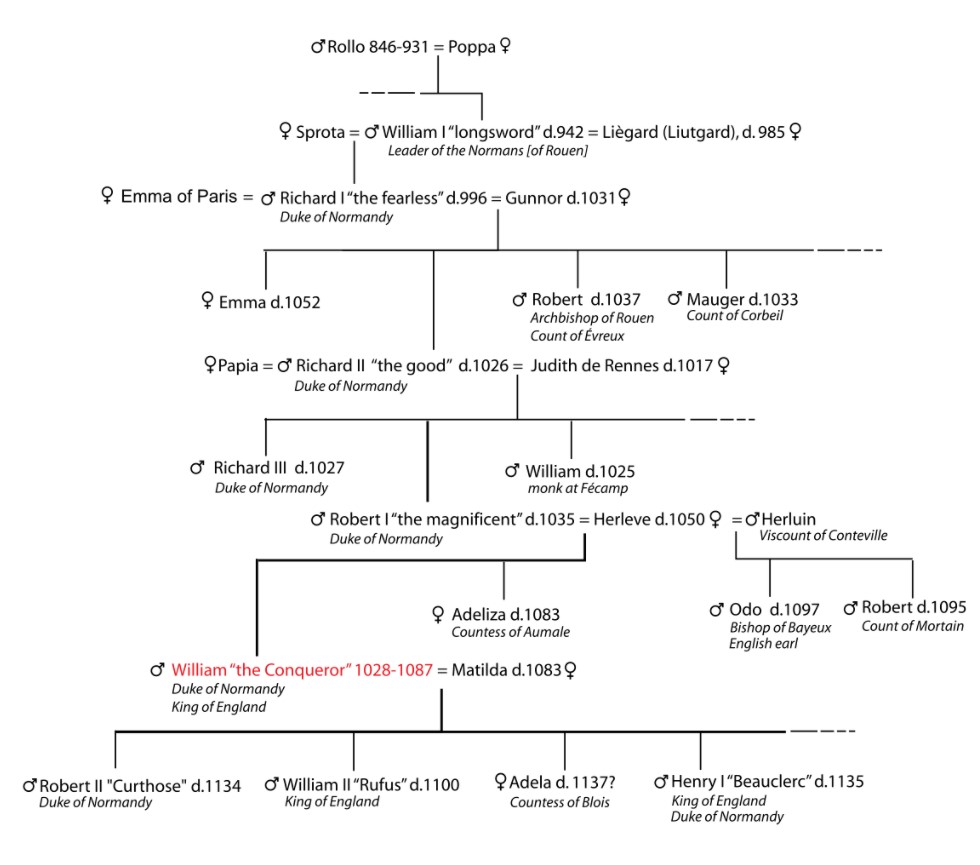
The background to the battle was the death of the childless King Edward the Confessor in January 1066, which set up a succession struggle between several claimants to his throne. Harold was crowned king shortly after Edward's death, but faced invasions by William, his own brother Tostig, and the Norwegian King Harald Hardrada (Harold III of Norway). Hardrada and Tostig defeated a hastily gathered army of Englishmen at the Battle of Fulford on 20 September 1066, and were in turn defeated by Harold at the Battle of Stamford Bridge five days later. The deaths of Tostig and Hardrada at Stamford Bridge left William as Harold's only serious opponent. While Harold and his forces were recovering, William landed his invasion forces in the south of England at Pevensey on 28 September 1066 and established a beachhead for his conquest of the kingdom. Harold was forced to march south swiftly, gathering forces as he went.
more later
